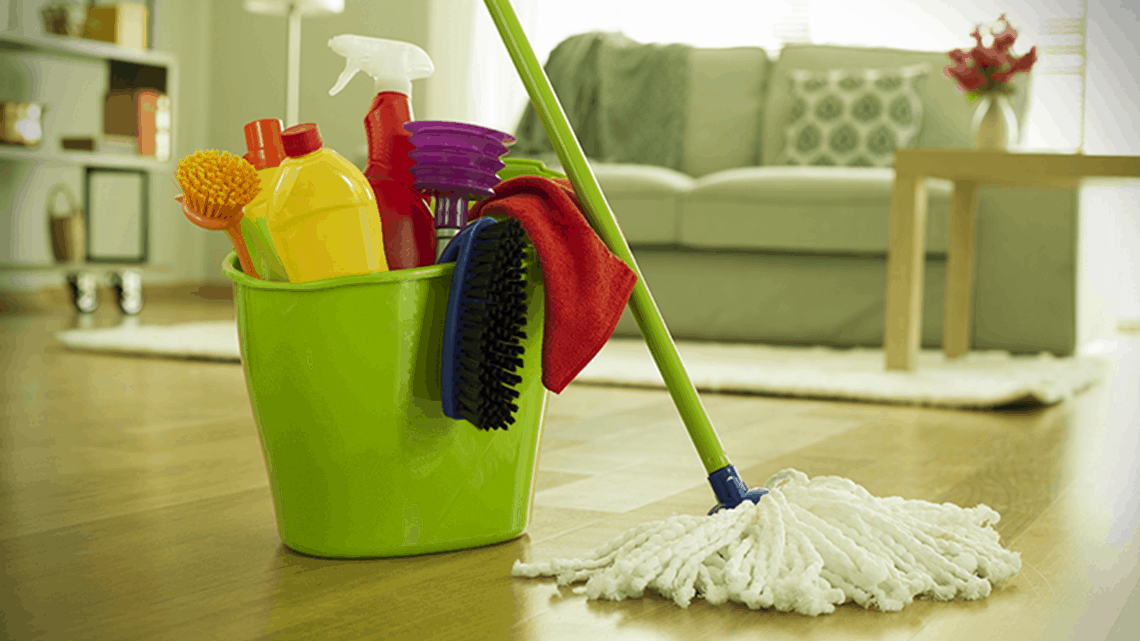Being too clean: Is there really such a thing?
For us, maintaining hygiene is mandatory but have we mapped out all the consequences; the good and the bad?
Nowadays, our timelines and newspapers are inundated with the importance of maintaining hygiene and most of us are trying to fall in line with this widely accepted concept but in the meantime, have we looked on the bleaker side of this story?
The personal hygiene-circle
How do you maintain hygiene? Do you shower regularly or go on about your work week without it? Do your bedsheets get the premium cleaning treatment every week or only when your heart tells you to? What about your towels and cloths– an incessant array of neatly arranged fabric in your wardrobe or just in a state of shambles? It might be okay for some to stay rolled up in their manky pajamas all through the day while the same act could wake a hygiene maniac in others – which one are you?
A fine line to walk upon
While it’s okay to maintain personal hygiene but over doing it might be making us dangerously vulnerable to the prevalent diseases. There is a fine line in between living peacefully with the good bacteria and being over obsessive about cleaning. You need to tread down this sleeky path in a meticulous manner, for a step in wrong direction, especially in the early days of your life might be more harmful than you can probably anticipate.
Since the discovery that bacteria cause diseases, we have been over vigilant and simultaneous adoption of cleanliness and sanitation have dramatically elevated our health status, for good. However, acknowledging the fact that not all bacteria are bad isn’t an awful idea at all.
A lot of good…
From providing our earth with half of its oxygen to maintaining nitrogen levels in our atmosphere to breaking down/decomposing organic wastes and protecting our body from other microorganisms, there are a lot of environmental responsibilities that they take on, dutifully. So next time, you spritz your body with loads of body washes or an after moisturizing cream and vigorously rub off, think of all your battle partners aka the good microbes that you are killing on the skin field. Washing your hands is a good step but over washing is definitely not.
Scientists, according to authentic resources, believe that exposing your body to the beneficial bacteria early-on in life helps improve the immune system and subsequent response to different organisms later in life. This is known as the “Hygiene Hypothesis”. An allergic response, for the sake of it, may be only the immune system going berserk with an uncontrollable response generated as a result of exposure to beneficial microbes.
Microbial biodiversity
It is very important to stay in contact with the microbial biodiversity offered by the environment and pass on the maternal microbiota that is composed of symbiotic bacteria living in inside the mother’s body.
Most of the time, illness is a result of our body unable to identify certain good bacteria present within our system owing to the lack of microbial biodiversity of normal flora. However, it has not been in proved in any manner and researches are still taking place. For example, body odor is not caused by the sweat itself but by the breakdown of sweat done by the bacteria calling our skin home.
So this creates a sort of conundrum for people who really want to stay healthy but also don’t want to get ill due to the good bacteria present within their body. Experts won’t ever recommend skipping the essentials such as washing hands. You need to wash hands with bar soap and water for at least 20 seconds and then dry them off but you need to make sure that you are not disrupting the normal flora by taking unnecessary long baths or washing down vigorously with body bars. Also, washing those body areas regularly where you sweat profusely is a good hygiene step and should be followed.
Around the house
As for our houses, in order to prevent the spread of germs and protect our loved ones, we often use a cleaning solution unnecessarily. Lay out a cleaning plan for your house and pin point surfaces where cleaning daily is indispensable to keeping the germs out – these are the surfaces that should be cleaned regularly and not the whole house.
You might be adding to the antimicrobial resistance unknowingly, that scientists so heavily dread. In fact, this way you could also be contributing to your child’s medical conditions such as asthma and allergies. One more thing, know that every time you recover from an illness without the aid of medicines, you get stronger. This in no ways means that you shouldn’t consult your health care provider for diseases “you” think are not harmful.
These are just the opinion of some experts and in no way should be taken as a substitute for medical advice, therefore you should always consult your general physician whenever you feel sick or ill.
